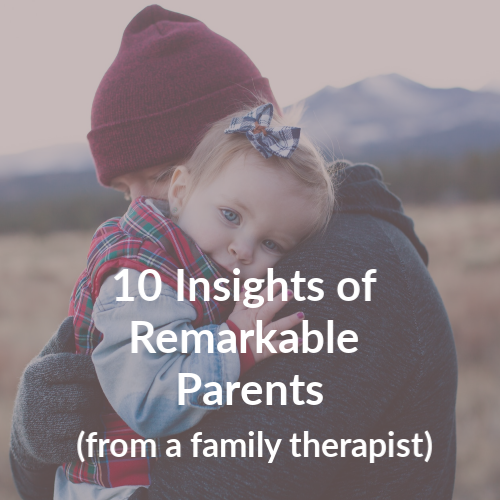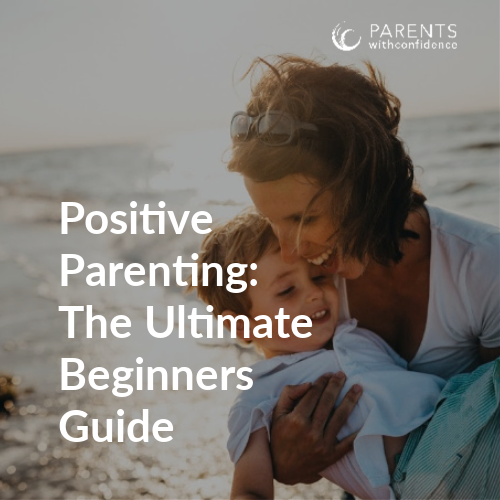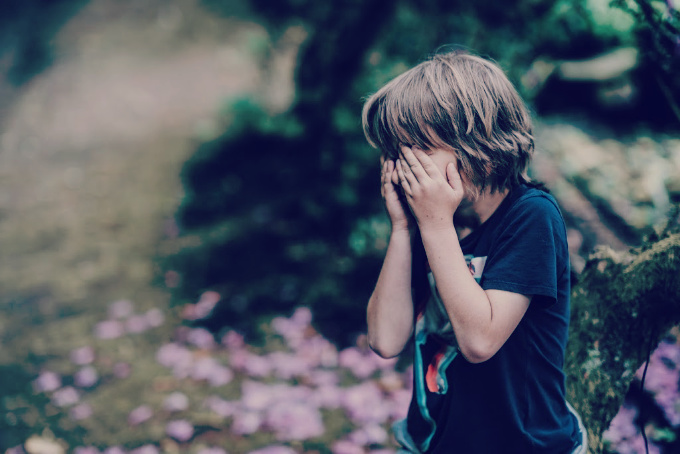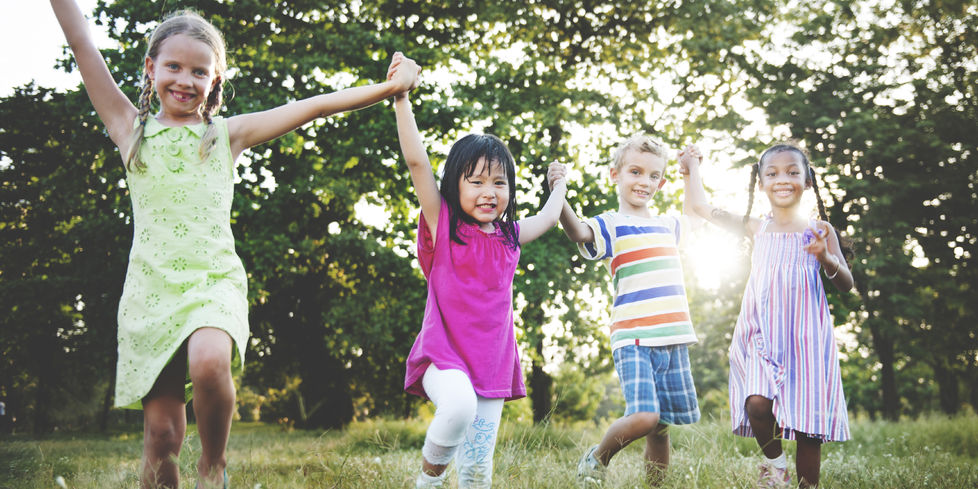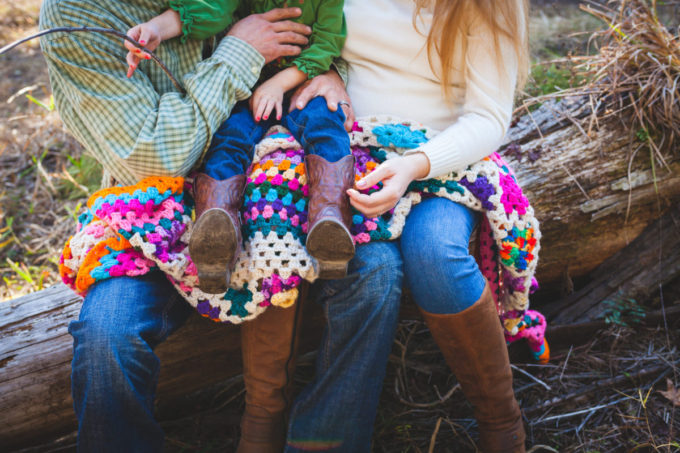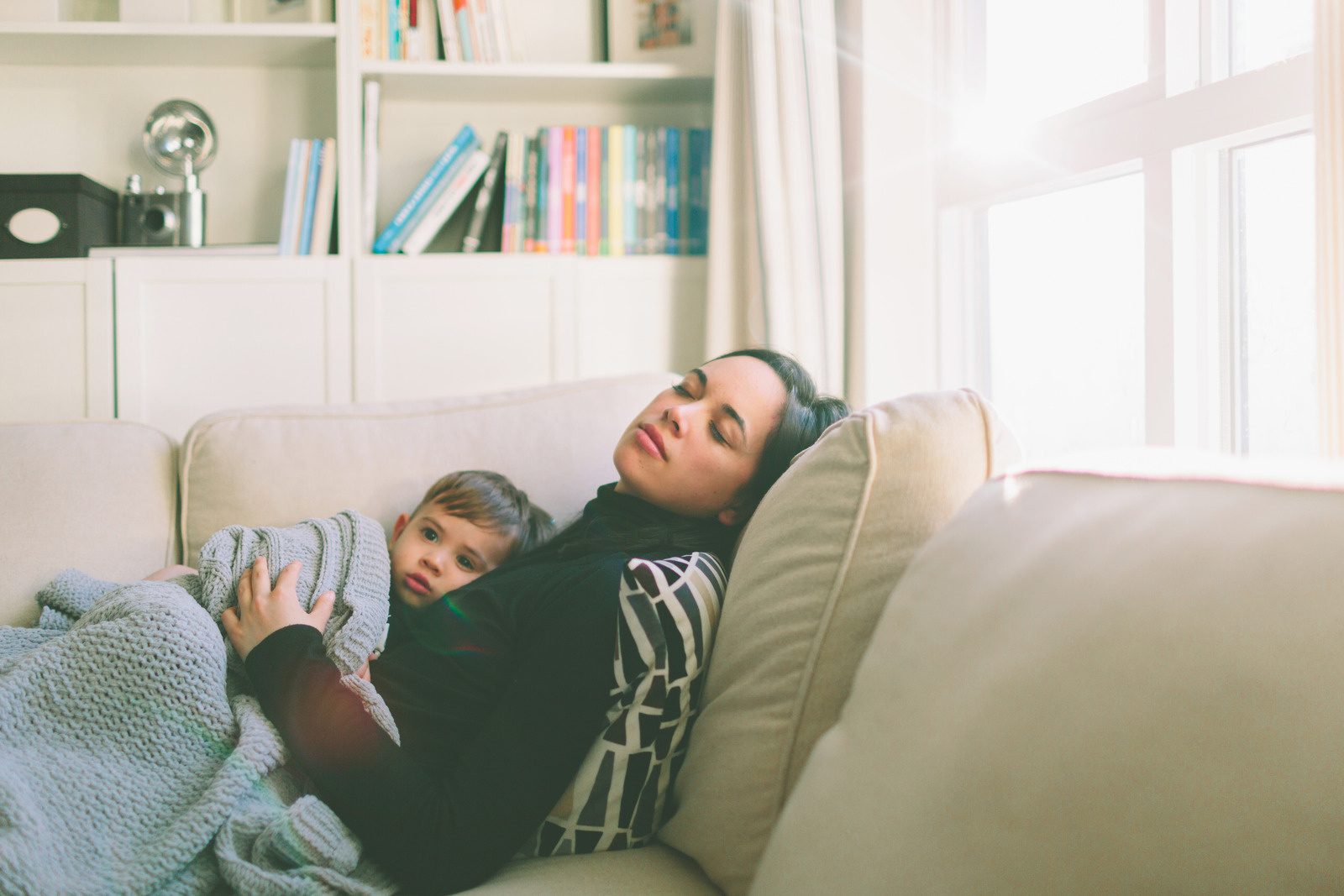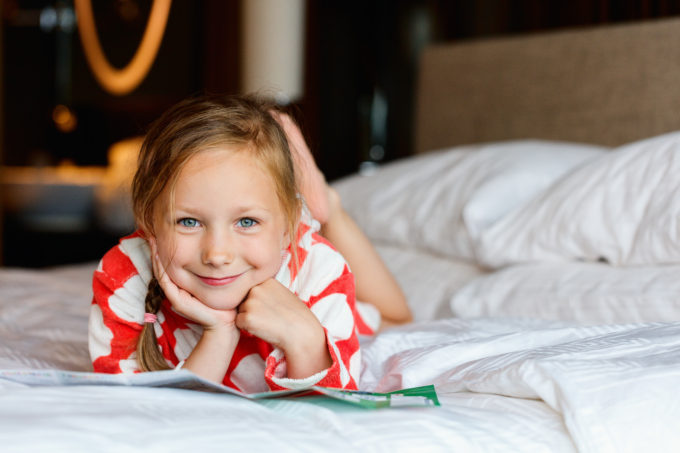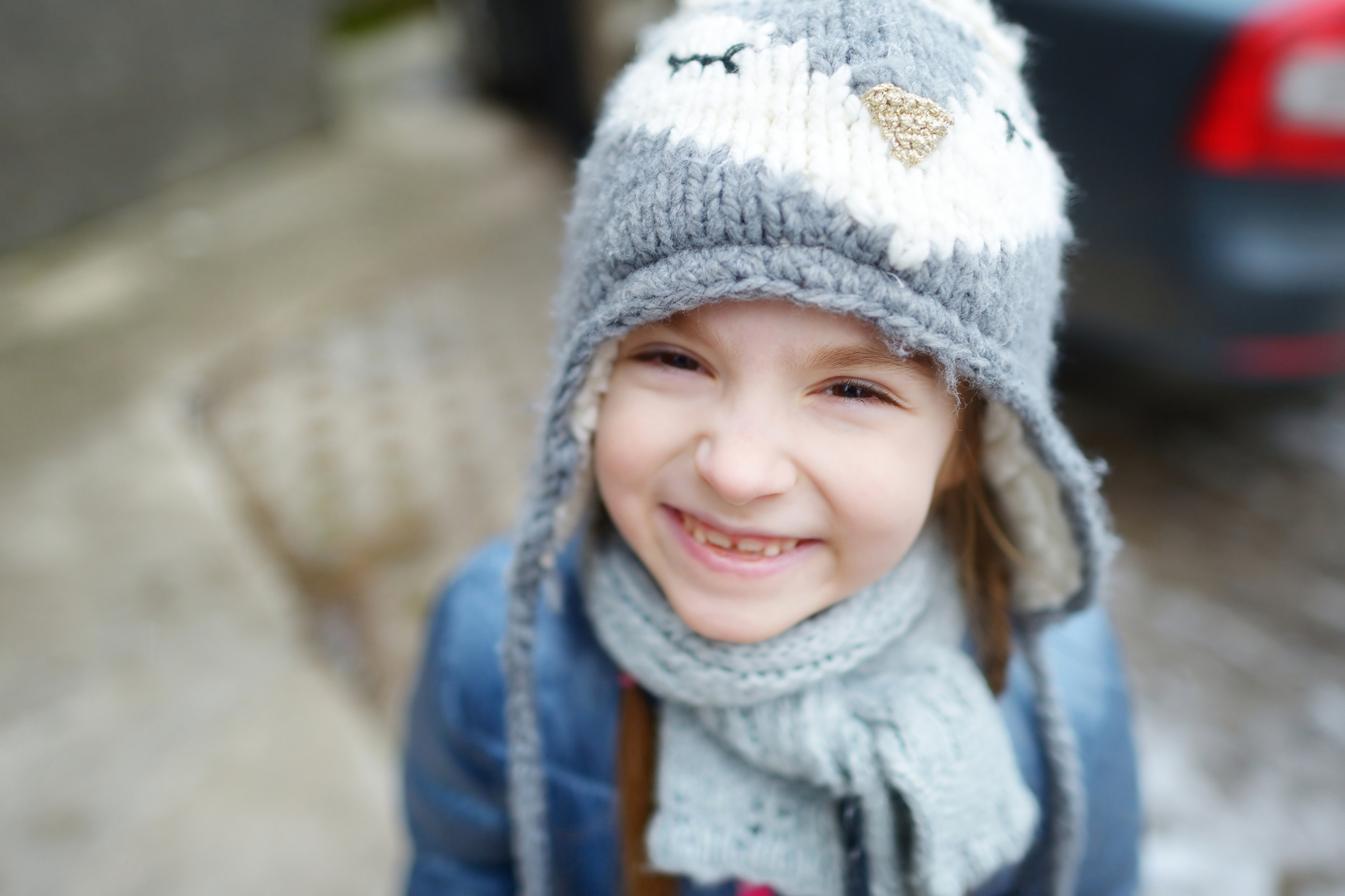7 Types of Play that Skyrocket a Child’s Social and Emotional Development
Inside: These 8 types of play are essential for the development of every child and contribute to a child’s emotional health in many important ways.
How seriously do you take your child’s playtime?
If we’re being honest, I think for most of us the answer would be not very.
Not realizing the huge role play has in your child’s life is a disservice to them, because without recognizing play for the developmental magic-key that it is, you run the risk of not prioritizing it.
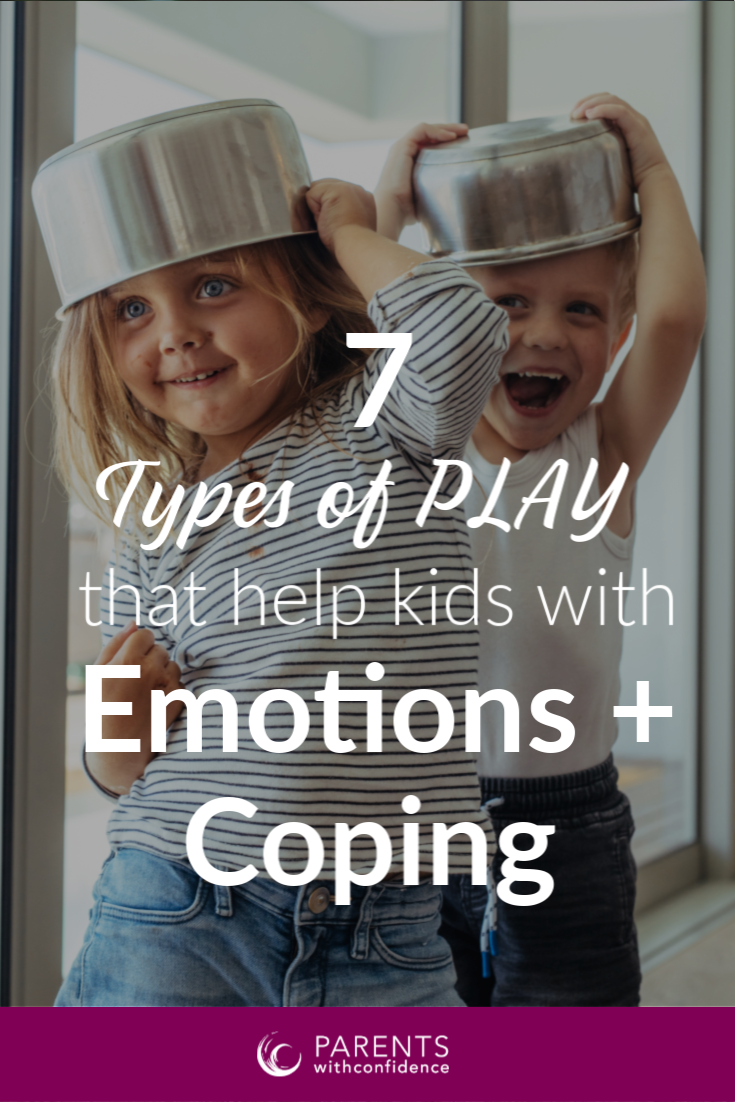
You run the risk of thinking that scheduling lots of academics and organized sports is easier, more predictable and even possibly a shortcut to life ‘success’.
You run the risk of thinking that free play is too messy, too chaotic.
You run the risk of viewing your child’s playtime as dispensable instead of critical.
Simply put, play is the developmental avenue in which your child will learn almost every single essential skill of life.
A strong foundation of social and emotional skills is a skillset imperative to your child’s future relationships, self-esteem, and confidence. It’s time to start taking play more seriously.

The great news about your child’s social and emotional health
Throughout their early childhood years, kids have the potential to build a strong social-emotional framework through the experience of different forms of play.
It might surprise you to learn that there are many different types of play that kids engage in, all serving their own important role in your child’s developing like skills.
What’s really amazing is that child development experts have found that kids will seek out the exact types of play they need at any given time in their development and thus the oh so accurate quote from Fred Rogers,
“Play is often talked about as if it were a relief from serious learning. But for children play is serious learning. Play is really the work of childhood.”
So with a little guidance from you in providing time and an appropriate environment for play, your kids will be free to seek out and engage in the types of play they need to grow and thrive!
These 7 types of play are particularly amazing for cultivating essential social and emotional skills including communication skills (listening skills), emotional intelligence (how to manage emotions in healthy ways), confidence (how to self-direct and persevere). and self-control (inhibiting impulses for the greater good).
I’m thinking you’re ready to start taking play a little more seriously now! When you see these 7 types of play you’ll know there’s hard work and amazing development happening for your child!
7 Types of play for healthy social and emotional development
Independent play

There are so many amazing benefits of your child engaging in play all on their own! When your child has a playdate with a party of 1, they have an important opportunity to practice leadership skills such as self-identity and self-confidence. They’re able to take charge of something all on their own, and put their own ideas into action!
Solitary play also gives your child a chance to enjoy their own company, developing qualities of self-sufficiency and self-contentment. These skills build the foundation for healthy relationships later in life!
Want Calm Kids? >>> Check out the ‘Calm Kids Set’
Messy Play
Messy play is important for your child’s social and emotional skills as it helps to develop self-control and emotional regulation.
Engaging with different materials like dirt, sand, and slime (just to name a few), give your child a chance to strengthen their sensory processing skills and nervous systems. Exposure to many different sensory experiences helps their brains adjust to future sensory input they’ll encounter at school and in other new environments.
Dramatic/Imaginative play
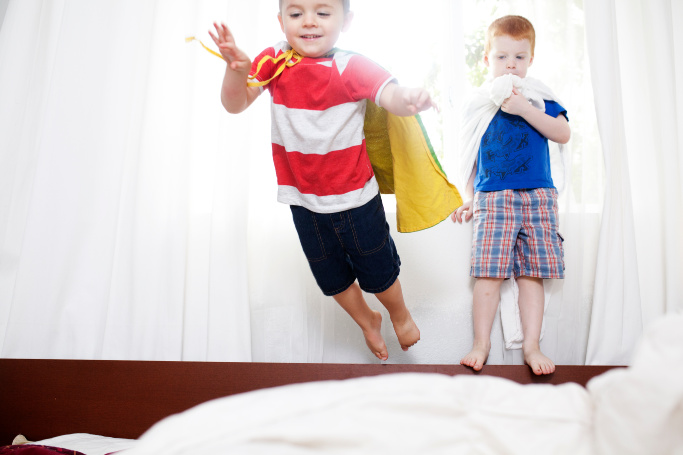
I can still remember playing ‘house’ almost every day with our big group of neighborhood kids in my neighbor’s basement.
Dramatic play allows kids to try out different roles and personalities and well as work through real-world situations in a stress-free and non-threatening environment.
Younger children don’t yet have the capacity to reflect on their own thoughts and emotions, so dramatic play is a prime way for kids to explore their own thoughts and emotions in regards to real-world situations including going to the doctor, being in a family and calling in a super-hero to solve a problem!
Dramatic play also helps your child develop impulse control and conflict resolution skills as a result of adhering to ideas about certain characters and interacting with other characters during play scenarios.
Physical Play
Studies have consistently shown the benefits of physical play and exercise on social and emotional functioning.
How does exercise improve learning? Engaging in physical play increases blood flow and oxygenation in the brain, boosting neural connectivity and stimulating nerve cell growth in the hippocampus, the center of learning and memory. So exercise actually changes the structure of our brains, with a number of benefits: improved attention and memory, increased brain activity and cognitive function, and enhanced mood and ability to cope with stress. -Edutopia
Sensory Play

From the time children are infants they use their senses to explore and gather information about the world. Sensory activities build important neuropathways that will help them navigate through the sights, smells, sounds, tastes and touches of the world throughout their lives!
Sensory play can also be extremely calming and help to regulate your child’s nervous system.
Offering your child many different types of sensory play will help to refine their thresholds for different types of sensory input, helping their brain to create stronger connections in order to learn valuable skills such as filtering out unnecessary sensory input in order to focus on a particular stimulus.
Cooperative Play
Cooperative play is just what it sounds like. When kids have moved through parallel play and are ready to interact cooperatively with one another, they begin to engage in play together.

Boardgame play is a fantastic example of cooperative play and introduces tons of opportunities to flex your child’s problem-solving, communication and conflict resolution muscles.
Symbolic Play
Symbolic play is when a child uses an object (perhaps a toy, art or character) to represent something else. It often serves as a therapeutic outlet for kids when they aren’t cognitively able to verbalize thoughts and emotions.
I use a lot of symbolic play when I do play therapy with kids. It’s a safe and secure way for kids to project their vulnerable thoughts and feelings onto another subject matter.
Play builds lifelong skills
It’s amazing to see how play shapes and molds many aspects of who your child will become! As a parent, your job is relatively simple (yay!) by providing the time and space (literally) necessary for your child’s play, and emotional development, to flourish.
P.S. Want an awesome visual tool to help you keep close tabs on your child’s mental and emotional health?
Grab your free printable daily check-in sheet!
This post comes with a free printable daily check-in worksheet! An easy way to give your child the chance to communicate how they’re feeling and thinking to keep their emotional health as a priority.
Here’s a peek at it…

- Download the daily check-in worksheet. You’ll get the printable, plus join 12,000+ parents who receive my weekly insights, tips, and strategies on how to raise emotionally healthy kids who will change the world, every week!
- Print.
- Place it on your refrigerator or in a centralized area (Reuse with dry-erase markers by placing in a plastic sheet protector pouch, or laminating:)
Click HERE to get your printable list and join!
Other articles you’d enjoy:






